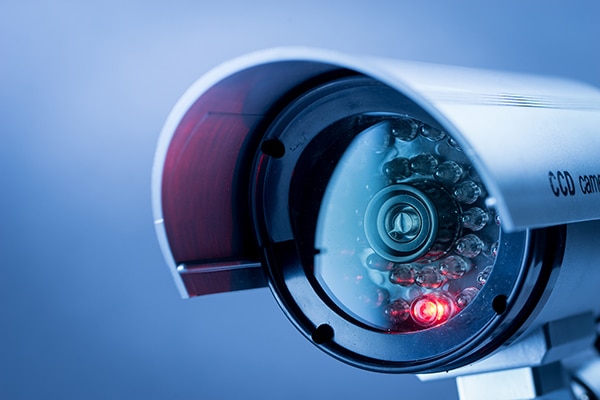Following the case of Antovic and Mirkovic v Montenegro, the European Court of Human Rights was asked to determine whether video surveillance of lecture halls, where classes were held, could be viewed as a violation of a professor’s right to privacy in accordance with Article 8 of the European Convention on Human Rights.
The Facts
In or around February 2011, the Dean of the School of mathematics announced that video surveillance had been installed in the auditorium where classes were being held in order to ensure the safety of the property and people. It was confirmed that any data collected would only be stored for 1 year.
In or around March 2011, the applicants made a complaint to the Personal Data Protection Agency, alleging that data was being collected about them, without consent. As part of their mitigation, the parties highlighted that the amphitheatre where they taught was locked prior to and after their classes, the furniture within the room was fixed and there were no safety risks of which they were aware. As a result, they applied for this data to be deleted.
In or around March 2011 the School was investigated by two Agency Inspectors who confirmed that the surveillance was in accordance with the Personal Data Protection Act. This was due to concerns regarding the bringing in of animals, tobacco and the presence of people who were not students. It was also established that the footage obtained was not a clear resolution and therefore people could not easily be recognised. The applicants objected to the report disputing the issues outlined above.
Following the applicants’ objection, the School was ordered to remove the footage as there was no evidence of danger to persons and surveillance of teaching was not a legitimate ground for video surveillance. The cameras were therefore removed and the data which had been collected was erased.
The Judgment
The European Court of Human Rights, therefore, concluded that the action taken by the School was sufficient so as to amount to a violation of Article 8 of the ECHR. It was concluded that there was no plausible rationale for the collection and installation of surveillance, as there were no safety implications or legitimate grounds on which to base their belief.
Whilst initially the domestic court held that Article 8 had not been violated, following a vote of 4 votes to 3, the EC ruled that whilst the School was a public sphere, private life is also encapsulated within this arena. As a result, the applicants’ Article 8 rights had been breached.
Top Tips
It is important that Employers consider their current surveillance practices and whether these could be viewed as supporting a legitimate aim on grounds of safety, theft, damage or protection of property or others, as a failure to do so could leave them susceptible to challenge.
It is therefore important that a clear business rationale is in place to justify any surveillance undertaken and that this only goes as far is as necessary to protect the legitimate business interests.





